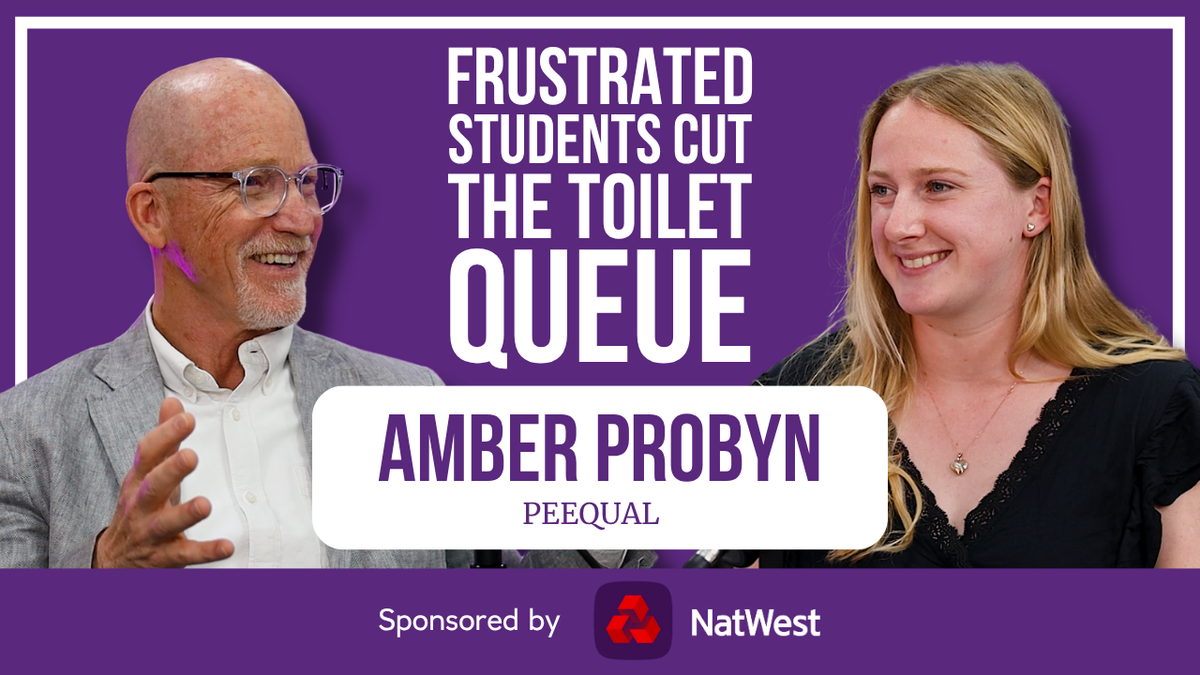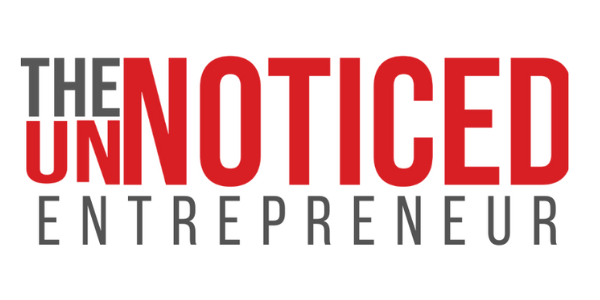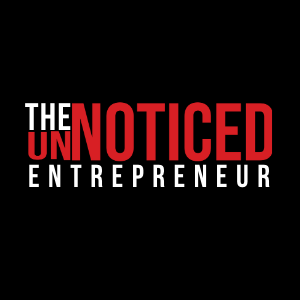Build your brand once, Not Twice:Why Early Trademark Checks Protect Your Time, Money, and Reputation.
You wouldn’t build on land without verifying legal ownership first; you need to take the same approach to your owning your brand.
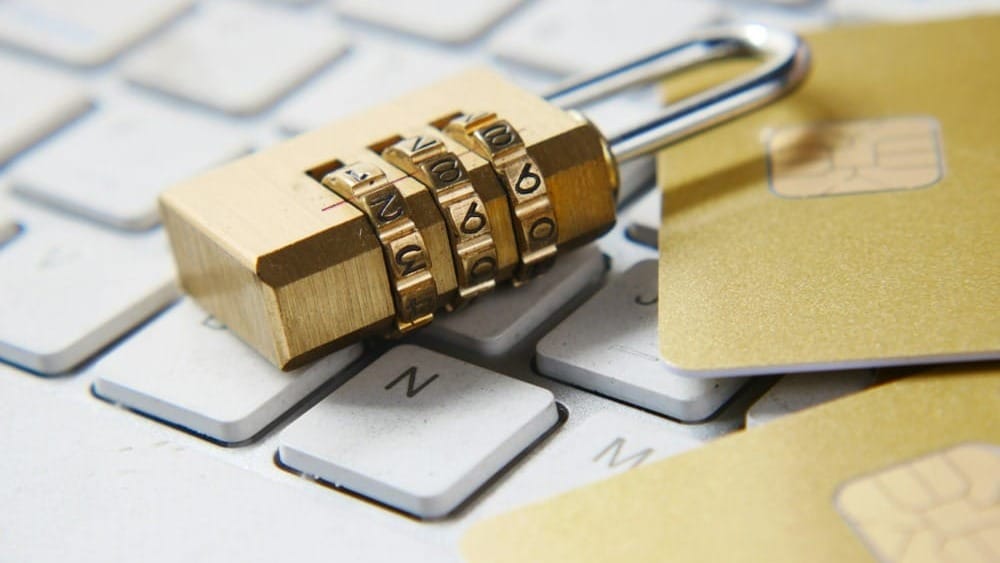
Too many founders find out too late that the brand they built was on shaky ground. I have seen too many times Founders getting a Cease-and-desist letter or an objection from the UKIPO, which can trigger an unwanted rebrand, making your proudest moment into a liability. Apart from that, it's not well known that a trademark can actually make money by being licensed and an asset on your balance sheet.
Launching your own company is very exciting, as an entrepreneur you put your soul creative passion and so many long hours to create your brand that reflects you, you create a logo, website and messaging around your brand, but many entrepreneurs overlook few simple things, if you have not legally protected your Trade Mark you don't really own your brand.
In the early stages of launching entrepreneurs, so many times prioritize produced development, marketing, and customer leads over legal protection, its so easy to think that having a domain name, a social media handle and a registered company means that your name is protected, really is that unless you have a registered trademark these assets offer limited protection.
Could this happen to you?
You could be a victim in two situations. In the UK alone, intellectual property (IP) theft costs businesses around £9.2 billion per year, which forms a substantial part of the total cost of cybercrime—estimated at roughly £27 billion annually. But the business targeted does not have to be a big one.
I had a client who came to me after a "hijacker" killed their business which only had £79,000 of orders. You can see in the timeline below, between 11 Feb when they registered a company and 27th Sept the hijackers patiently processed their domain name and filed a trade mark for the brand. They then filed an objection with Shopify and Google accusing my client of being a fake. Within 3 weeks Shopify account delisted. The client was left with £60,000 of stock, and was unable to trade under that brand.
Unfortunately this client came to me after this hijacking had taken place; and there was really nothing they could do but to start to build another brand.
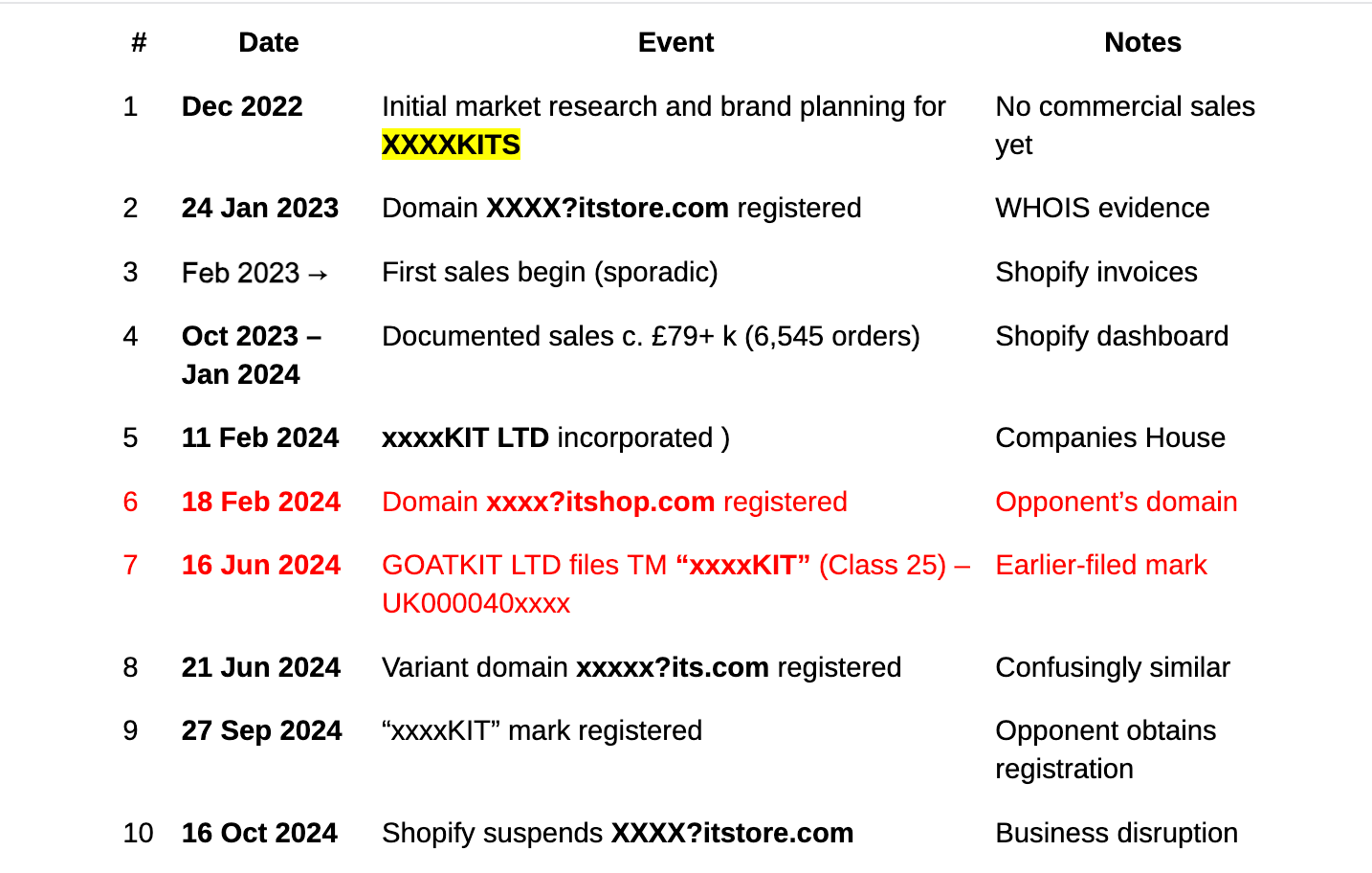
Trade mark bully
Zara, owned by Inditex, recently engaged in a trademark dispute with a UK-based boutique owner, Amber Kotrri, who operates under the name "House of Zana".

Zara claimed that the "House of Zana" brand name was too similar to their own and could cause customer confusion, potentially damaging their brand reputation. However, the UK Intellectual Property Office (UK IPO) ultimately ruled in favor of House of Zana, allowing them to register the trademark.
Had Amber registered her trade mark in advance, then this case would never have even gone to court.
Juhi Jain, from Jaipur, India, named her handmade shoe company Zarsá - an amalgamation of the Urdu word Zar and Hindi affix "sa" - which she said meant "like gold", in reference to the thread she uses in her stitching.
She spent "about £30,000" and two years locked in a legal battle after Zara initially sent a notice of opposition in 2017, and then again when it was renamed Zarsalife. She eventually settled on the name Sozan Jaipur.

Build Once Then Scale with Confidence
Think of branding as constructing your dream house. You wouldn’t build on land without verifying legal ownership first, right? Just like that, protecting your brand name should precede major marketing or product-launch investments. It's only by proactively securing your trademark that you position your business for sustained, worry free growth.
Trademarks: Your Business’s Growth Insurance
A trademark is more than just legal paperwork.It is an essential asset for your business. Getting your trademark early makes sure you have
Exclusive Ownership of the Name:
Once you register, your brand name, logo, or slogan belongs solely to you within your business category.
Brand Enhanced Credibility: Registered trademark signals professionalism to customers, partners, and investors.
Scalable Protection: As your business grows, the value of your brand increases. A registered trademark safeguards that value, preventing competitors from capitalizing on your success.
Finding hidden conflicts
The moment to conduct a trademark clearance check isn’t after launch, it is before investing lots of money in branding. Our professional trademark searches go beyond quick Google or Companies House checks.
We analyze industry-specific databases, phonetic similarities, and potential legal objections that a casual search might miss. At Sort My Mark,
We have encountered numerous scenarios where a seemingly available brand name had hidden conflicts, only discoverable through detailed searches. Identifying these conflicts early prevents costly branding mistakes.
The Cost of Rebranding
If you consider the implications of finding out a trademark issue after your brand gains some traction.
Rebranding cost: Making a New website, marketing material, and packaging can quickly cost you 1000s of Pounds
SEO and Web Traffic loss: changing your domain and business name can have a major impact on the search ranking, and losing lots of visibility
Customer Confusion: When you have to rebrand, it raises questions about your business’s stability and reliability, potentially eroding hard-earned trust.
Operational Disruption: Time spent resolving these issues detracts from your core business activities, slowing your growth momentum
The cost of a forced rebrand can range from £3,000 to £10,000, excluding intangible costs such as lost goodwill and emotional frustration.
Trademarks Open the Door to Licensing Opportunities
One of the biggest advantages of having a Trademark is the ability to license it to others for use. I will explain how it works. So this means you can legally let another business or a person use your brand name and logo or slogan, in return you get royalties for licensing fees, Trademark Licensing can create many new revenue stream without creating extra overheads, whether is expanding to new market or launching merchandise or collaborating with a Partner, All this is possible if you own the rights to your brand.
A Registered Trademark can make your Brand into a money-making asset
Trademarks are generally considered intangible assets and can be valued and included on a company's balance sheet. While trademarks are often part of a broader brand valuation, they can be valued separately, especially for accounting purposes. If you are raising money from a VC then owning the trademark for your brand along with any patents, provides investors with security and potentially will bring you a higher valuation.
What does it cost to protect your IP?
It costs surprisingly little to protect the business that you've invested so much in to build. In fact it will probably cost you less than your car insurance or your summer holiday. Each client will have their own case, but it could be as little as £500 to register a simple trade mark.
It's necessary to protect your IP in different categories. For example, if we look at The UnNoticed Entrepreneur for example, Jim has submitted his application under these 5 classes.
Core Classes:
- Class 35 – Marketing, PR, business consultancy
- Class 41 – Education, podcasting, coaching
- Class 9 – Digital content (eBooks, downloadable podcasts)
- Class 16 – Printed books and publications
- Class 25 – Branded clothing and merchandise
To register under these 5 classes will incur UKIPO Fees of £370.
Fees
Consultants, in any country, will help to navigate the local IP registration. If you are trading internationally then you may also want to consider registration in those other markets to. The consultancy will charge their own fees, depending on the kind of work that they need to do for you. As your IP lawyer about their qualifications, if they are registered with We are their regulatory body of Patent Attorneys & Trade Mark Attorneys (IPREG in the UK), and if they have invested in specialist databases and research tools to ensure that they really know what they are doing.
DIY Filing
Filing your own trademark in the UK can save money, but it carries risks—like choosing the wrong class, making application errors, missing conflicting marks, or failing to secure international protection. These mistakes can lead to rejection, legal disputes, or weak brand protection, which may hurt your ability to enforce, license, or sell your IP. While DIY can work for simple, unique cases, using a professional gives you stronger, more reliable protection and avoids costly pitfalls later.
Your time could be better spent thinking of ways to make more money using the trade mark, than learning the complexities of registering one.
Simple Step to Future Proof Your Business
Trademark searches and registrations might seem administrative, but their strategic impact is profound. By investing a small amount upfront, you avoid substantial losses later. A trademark is not just protection. it’s a foundational step that secures your brand’s long-term value.
As entrepreneurs, we aim to be noticed and remembered. Protecting your trademark ensures that your visibility is sustainable and genuinely yours. I would say make the smart choice: build your brand once, build it right, and safeguard its future.
Trademark specialist and founder of Sort My Mark. Helping startups and creative businesses protect their brands across the UK and beyond. Passionate about IP, branding, and small business growth.
Case study
In the interview with Amber Probyn of Peequal, Amber mentioned that they had patented and trade marked their female urinal very early on in the process.
